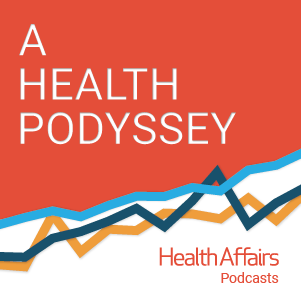Migrants on their way to another country and people seeking asylum are often overlooked in health policy. During the COVID-19 pandemic as immigration and asylum processes stalled, thousands of people were stranded at Mexico’s northern border. With limited health care and sometimes crowded and unsanitary living conditions, COVID posed a significant risk.
How Mexico’s response to COVID-19 took into account the particular needs of in-transit migrants and asylum seekers is the topic of today’s episode of A Health Podyssey.
Ietza Bojorquez-Chapela from the College of the Northern Border and Cesar Infante from the National Institute of Public Health join Health Affairs Editor-in-Chief Alan Weil to discuss their research they and co-authors published in the July 2021 issue of Health Affairs, an issue dedicated to borders, immigrants, and health.
In the issue, the authors examine COVID-19 health policy documents issued by Mexican federal, state, and municipal authorities. Exploring these documents — which were prepared between January and September of 2020 —they found that only seven out of 80 publicly available documents explicitly mentioned the health care needs of in-transit migrants and asylum seekers.
Order your copy of the July 2021 issue of Health Affairs.
Subscribe: RSS | Apple Podcasts | Spotify | Stitcher | Google Podcasts

